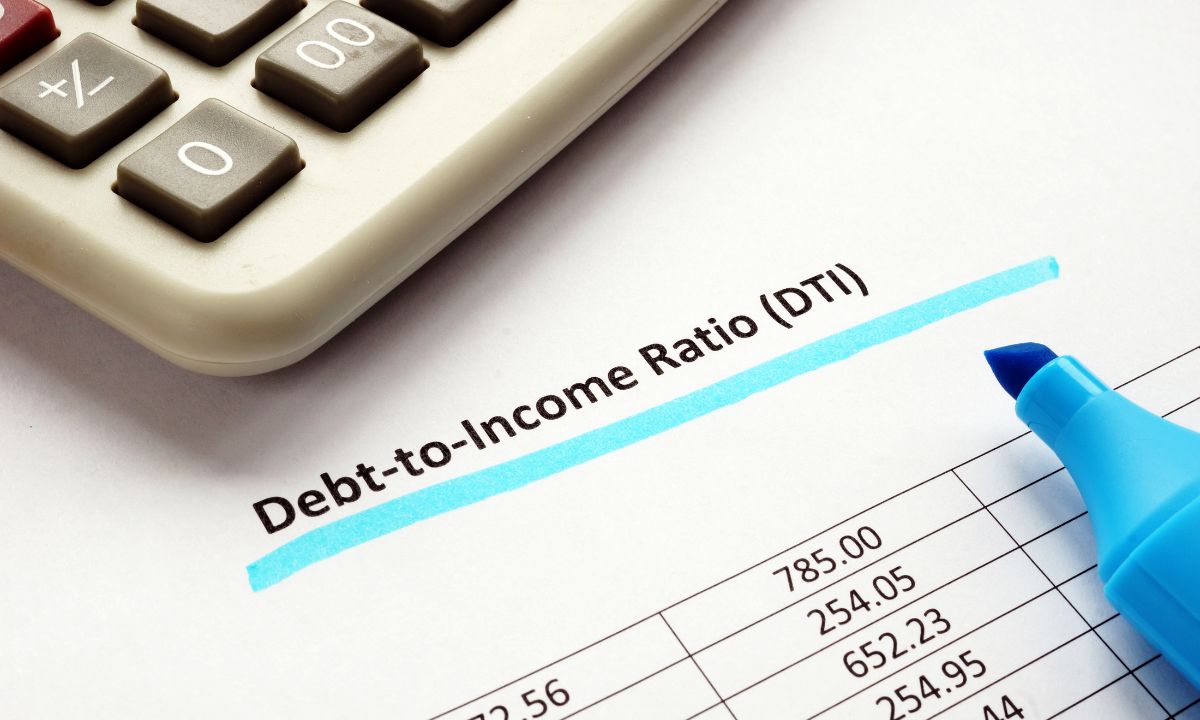Understanding the Basics: A First-Time Homebuyer’s Guide to Mortgages
 Buying your first home is an exciting milestone, but it can also be an overwhelming process, especially when it comes to understanding mortgages. For many first-time homebuyers, the world of mortgages can seem complex and filled with unfamiliar terminology. However, with a little knowledge and guidance, navigating the mortgage process can become much more manageable. In this guide, we’ll break down the basics of mortgages, explain key terms, explore different types of mortgages, and outline the application process for beginners.
Buying your first home is an exciting milestone, but it can also be an overwhelming process, especially when it comes to understanding mortgages. For many first-time homebuyers, the world of mortgages can seem complex and filled with unfamiliar terminology. However, with a little knowledge and guidance, navigating the mortgage process can become much more manageable. In this guide, we’ll break down the basics of mortgages, explain key terms, explore different types of mortgages, and outline the application process for beginners.
Key Terms to Know:
Before diving into the specifics of mortgages, it’s essential to understand some key terms:
Principal: The amount of money borrowed to purchase a home.
Interest Rate: The percentage of the principal charged by the lender for the use of its money.
Down Payment: The initial payment made by the buyer toward the purchase price of the home.
Amortization: The process of paying off a loan through regular payments over time.
Closing Costs: Fees associated with finalizing the mortgage and transferring ownership of the property.
Types of Mortgages:
There are several types of mortgages available to homebuyers, each with its own set of features and benefits. Here are some of the most common types:
Fixed-Rate Mortgage: With a fixed-rate mortgage, the interest rate remains the same throughout the life of the loan. This provides stability and predictability for homeowners, as monthly payments remain constant.
Adjustable-Rate Mortgage (ARM): Unlike a fixed-rate mortgage, an ARM has an interest rate that adjusts periodically based on market conditions. While initial interest rates are often lower than those of fixed-rate mortgages, they can increase over time, potentially leading to higher monthly payments.
FHA Loan: Insured by the Federal Housing Administration, FHA loans are designed to make homeownership more accessible to buyers with lower credit scores or smaller down payments. These loans typically require mortgage insurance premiums.
VA Loan: Available to eligible veterans, active-duty service members, and certain military spouses, VA loans are guaranteed by the Department of Veterans Affairs and offer favorable terms, including no down payment and competitive interest rates.
USDA Loan: Backed by the U.S. Department of Agriculture, USDA loans are designed to help buyers in rural areas purchase homes with little to no down payment.
The Application Process:
The mortgage application process can vary depending on the lender and the type of loan. However, the following steps are typically involved:
Pre-Approval: Before beginning your home search, it’s advisable to get pre-approved for a mortgage. This involves submitting financial documents to a lender, who will then assess your creditworthiness and determine the maximum loan amount you qualify for.
Home Search: Once pre-approved, you can begin searching for your dream home within your budget.
Loan Application: After finding a home, you’ll complete a formal mortgage application with your chosen lender. Be prepared to provide detailed financial information, including income, assets, and debts.
Underwriting: The lender will review your application and financial documents to assess your creditworthiness and the risk of lending to you.
Closing: If your application is approved, you’ll attend a closing meeting to sign the final paperwork and officially take ownership of the property. Be prepared to pay closing costs, which typically include fees for appraisal, title insurance, and attorney services.
Navigating the mortgage process as a first-time homebuyer can be daunting, but with the right knowledge and preparation, it’s entirely manageable. By understanding key terms, exploring different types of mortgages, and following the application process step by step, you’ll be well-equipped to make informed decisions and achieve your goal of homeownership. Remember, your lender and real estate agent are valuable resources who can offer guidance and support throughout the process.
 Which is better — a fixed-rate mortgage or an adjustable-rate mortgage (ARM)? It’s a common question among home buyers and refinancing households. The answer? It depends.
Which is better — a fixed-rate mortgage or an adjustable-rate mortgage (ARM)? It’s a common question among home buyers and refinancing households. The answer? It depends. When it comes to securing a mortgage for your dream home, there’s a crucial number that can make or break your application: your debt-to-income ratio (DTI). Understanding and managing your DTI is essential for navigating the mortgage approval process smoothly. Let’s delve into what DTI is, why it matters, and how you can calculate it.
When it comes to securing a mortgage for your dream home, there’s a crucial number that can make or break your application: your debt-to-income ratio (DTI). Understanding and managing your DTI is essential for navigating the mortgage approval process smoothly. Let’s delve into what DTI is, why it matters, and how you can calculate it.